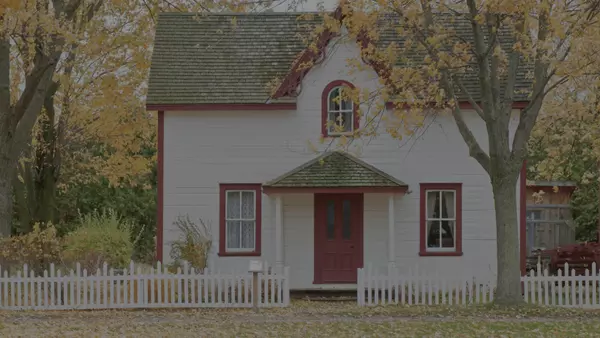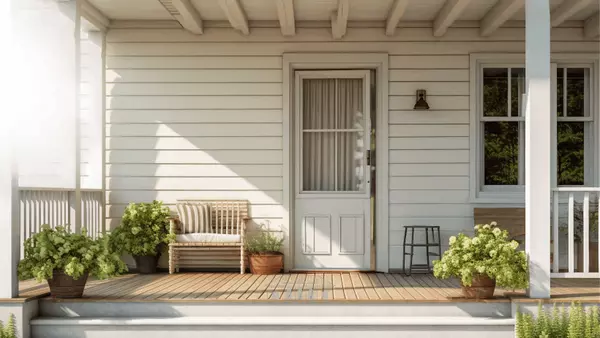Benefits of Knowing Your Home’s Value

...whether you are staying or selling.
Any valuation of your house is an estimate. Even a professional appraisal is an opinion, although an educated one, of what the property might sell for if it were on the market. A property’s value is also a snapshot in time, because its value changes over time: the local housing market might improve or decline. Also, the condition of the house over a period of time will have an impact on the value of the house.
Whether you are staying in or selling your home, there are several benefits of knowing your home’s true value.
1 - Selling a House
If you are selling the house, you absolutely need to know the value of your home. The net proceeds you make after selling a house is your selling price minus the loan balance minus the selling cost. Most likely you already know your loan balance and the selling cost prevailing in your area. The only variable being the selling price. Getting a better idea about your home value is definitely a good first step if you are considering selling in near future.
2 - Refinancing
Depending on the loan program, lenders would allow you to borrow a maximum of 75% to 96.5% against your property. While you need to qualify on other credit parameters, equity in the house is one of the more important underwriting criteria. Up to a certain point, the more equity you have the better loan terms you would qualify for. Also, knowing your home value tells you how big a mortgage you can take – whether its refinancing to get a better rate, lower payment or taking a cash-out to satisfy other needs.
3 - Making Home Improvements
Home improvements are primarily made for two reasons – making the house more comfortable to live in or preparing the house for sale to fetch a better selling price. If your home is already priced at the higher end in a neighborhood, making home improvements may not yield a suitable return on investment. For example, if you live in a neighborhood where the highest priced homes are in the $400,000 range and your house is already worth $375,000; even after investing $50,000 in upgrades it may not sell for more than $400,000. So all the money and time invested could be a waste. Understanding your home value and that of the neighborhood you live in should be the first step before you decide on making expensive home improvements.
4 - Getting a Line of Credit
Sometimes refinancing your mortgage to get a cash-out may not be the ideal move if you have an interest rate lower than the market. In that case, if you want to borrow cash against your house, getting a Home Equity Line of Credit (HELOC) as a 2nd mortgage is a much better idea. But, just like a refinance loan, HELOCs also require that you have a certain equity level in your house, typically a minimum of 20%-25%. Once again, knowing your home value will guide you if getting a HELOC is something you could qualify for.
5 - Being In-The-Know
May be you have no immediate plans to do any of the above. Still keeping yourself abreast of your home value is a great idea. Situations and plans can change in future, sometime involuntarily. So being in-the-know about the home value will help you take the next steps when you are ready or when life throws a curve ball.
After reading this far, hopefully, you are convinced that knowing your home value can do a lot of good!
[credt: Shashank Shekhar, Homes.com]
Categories
Recent Posts











